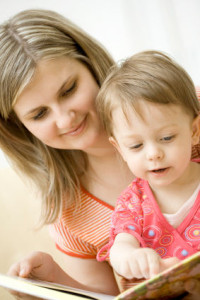Toddlers who lose large amounts of water via vomiting, fever, diarrhea or excessive sweating face a high risk for being dehydrated. It is important to note that dehydration is considered as a serious condition and can be life-threatening if not treated promptly.
Since toddlers have limited vocabulary, they are oftentimes unable to explain what they feel particularly discomfort linked with this condition. Parents should be vigilant in recognizing the signs of dehydration so that proper treatment can be carried out when needed. In case there are any specific issues regarding the toddler and the potential for dehydration, a doctor should be consulted for proper advice.
Signs and symptoms of dehydration

- You have to monitor the frequency of the urination. If the toddler goes more than 6 hours without urinating, it can indicate dehydration. Once the toddler urinates, you have to check the color. If the urine is darker than usual, it also indicates dehydration especially if it is strong in odor as well.
- Assess the eyes of the toddler when he/she cries. A toddler who could not produce tears might be dehydrated. The eyes might also appear sunken or have dark-colored circles under them.
- Assess the lips and mouth. Even though older toddlers might tell you that their mouth or lips feel dry, you have to check manually with younger toddlers. Make sure that you will check for cracks on the lips. Do not forget to check if there is normal amount of saliva in the mouth. Remember that the interior of the mouth might appear sticky.
- Feel the skin of the toddler. If the skin appears unusually cool or dry, it indicates dehydration.
- Check for indications of lethargy. A toddler that appears unusually tired, unresponsive to stimulation or listless might be dehydrated.
It is still best to schedule an appointment with a doctor if unsure. Always bear in mind that dehydration is a serious condition, thus if you cannot determine if the toddler is dehydrated, it is best to err on the side of caution and bring him/her to a doctor.
Considerations to bear in mind
Always bear in mind that thirst is not a good indication of dehydration. By the time the toddler complains that he/she is thirsty, he/she might already be dehydrated. A case of serious dehydration entails immediate medical care. If the toddler has all of the stated signs of dehydration, call a doctor right away or bring him/her to the nearest emergency department.
An oral rehydration solution can help rehydrate the toddler who is slightly dehydrated. These drinks are readily available at most supermarkets and drugstores.
Do not force the toddler to drink large amounts of fluid at one time. It is best to encourage the toddler to drink small amounts of fluids frequently.
